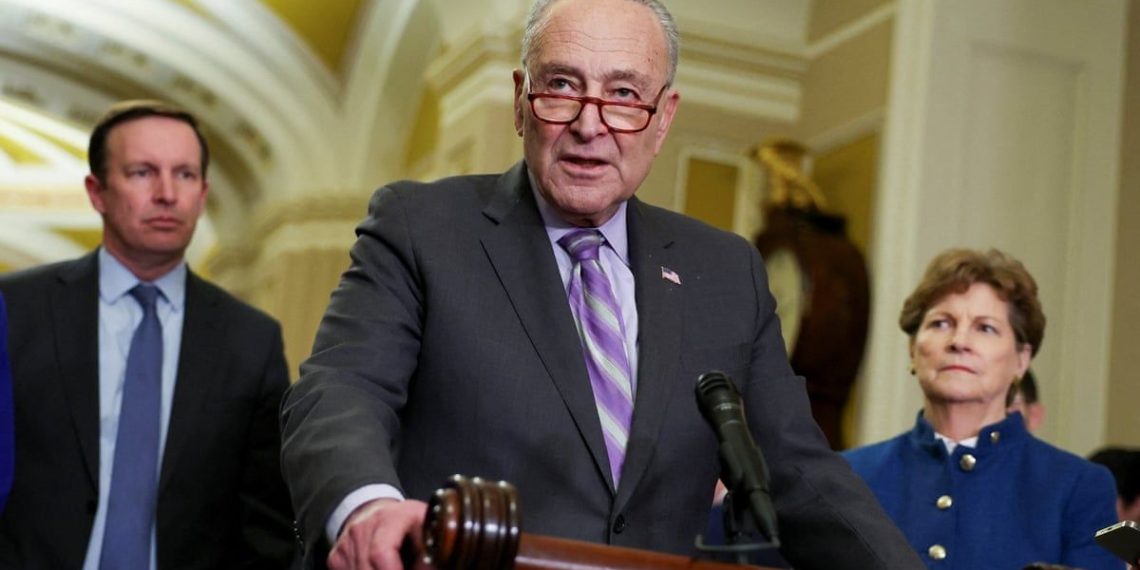The Senate made headway on Sunday toward passing a $95.3 billion foreign aid bill, securing vital assistance for Ukraine and Israel, despite challenges from former President Donald Trump and divisions within the Republican Party. The bill garnered support from 18 Republicans, signaling a bipartisan effort despite Trump’s opposition.
The aid package includes significant funding to bolster Ukraine’s defense against Russia and to provide security assistance to Israel, along with humanitarian aid for Gaza, the West Bank, and Ukraine. Despite GOP reluctance and Trump’s lobbying against foreign aid, the bill gained momentum, passing with a 67-27 vote.
While the Senate moves forward with the bill, uncertainty looms over its fate in the House, where Speaker Mike Johnson’s stance remains unclear. With House Republicans expressing opposition to further aid for Ukraine and Trump actively campaigning against measures beneficial to President Joe Biden, the bill’s prospects remain uncertain.
The Senate’s weekend session, necessitated by the urgency of the bill, faces hurdles posed by GOP Senator Rand Paul, who continues to impede progress. Despite overcoming a critical 60-vote threshold on Thursday and subsequent procedural votes, the Senate still anticipates additional delays.
Senate Majority Leader Chuck Schumer emphasized the ongoing commitment to advancing the bill until completion, despite the unusual session coinciding with Super Bowl Sunday. Democratic Senator Chris Murphy expressed optimism about the bill’s passage by early to midweek.

The legislative push for the foreign aid bill follows Republican obstruction of a broader bipartisan border deal that included foreign aid. Trump’s vocal opposition to the measure, asserting that foreign aid should be structured as loans, adds pressure on Republicans to oppose it.
While Paul remains steadfast in his opposition, advocating for debt-related discourse, Schumer aims to negotiate amendments with Republicans, though consensus remains uncertain.
The bill encompasses substantial aid for Ukraine, Israel, and the Indo-Pacific region, but advocacy continues for Afghan allies’ permanent residency in the US, with Republican Senator Tom Cotton stalling progress over proposed changes.





